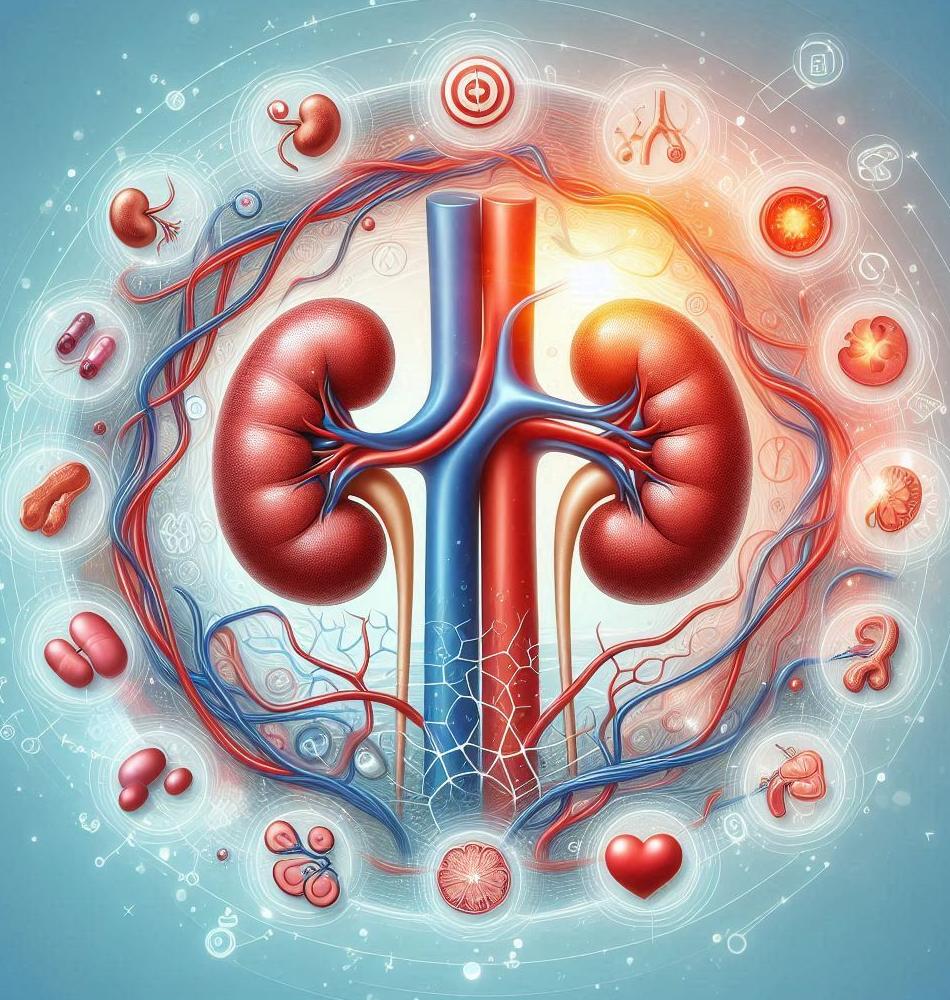How to Get Rid of a Kidney Infection: Your Comprehensive Guide 🌟
Kidney infections can be painful and distressing. They are serious medical conditions that require prompt attention to avoid complications. Understanding how to get rid of a kidney infection is essential for anyone who has experienced the discomfort associated with this condition. In this article, we explore the symptoms, causes, treatment options, and preventive measures to help you or a loved one recover swiftly and effectively.
What is a Kidney Infection? 🩺
A kidney infection, also known as pyelonephritis, is a type of urinary tract infection that travels up to your kidneys. This can lead to significant health issues if left untreated. Some of the signs that you may have a kidney infection include:
Symptoms of Kidney Infection
- Pain in your back, side, or groin
- Fever or chills
- Nausea and vomiting
- Frequent urination
- Burning sensation during urination
- Cloudy or bad-smelling urine
Causes of Kidney Infection 🦠
Kidney infections typically arise from bacteria that enter the kidneys through the urinary tract. Some common sources of infection include:
Common Causes
- Bacterial overgrowth in the urinary tract
- Sexual activity
- Urinary tract abnormalities
- Impaired immune system function
- Blockages in the urinary tract, such as kidney stones
Diagnosing a Kidney Infection 🚑
If you suspect you have a kidney infection, it is crucial to seek medical attention promptly. A healthcare provider may perform various diagnostic tests to confirm the infection.
Diagnostic Methods
- Urinalysis - Testing urine for bacteria, blood, or pus
- Urine culture - Identifying the specific bacteria causing the infection
- Imaging tests - Ultrasound or CT scans may be used to look for obstructions
- Blood tests - Checking for signs of infection in the bloodstream
Treatment Options for Kidney Infections 💊
Once diagnosed, treatment for a kidney infection typically involves medication and lifestyle changes. Here are some of the most common methods.
Medications
Antibiotics are the primary treatment for kidney infections. Depending on the severity of the infection, the doctor may prescribe the following:
- Oral antibiotics for mild to moderate infections
- Intravenous antibiotics for severe cases or if the patient cannot tolerate oral medication
Commonly Prescribed Antibiotics Include:
- Ciprofloxacin
- Levofloxacin
- Piperacillin-tazobactam
- Ceftriaxone
Home Remedies and Lifestyle Changes
In addition to medications, some home care strategies can help alleviate pain and speed recovery:
- Drink plenty of fluids to flush bacteria from your system
- Use a heating pad on your back or abdomen for comfort
- Avoid caffeine, alcohol, and carbonated drinks
- Consume cranberry juice, known for its antibacterial properties
- Get plenty of rest to allow your body to heal
Preventing Kidney Infections 🚫
Preventing kidney infections is as important as treating them. Here are some useful strategies to minimize your risk:
Preventive Measures
- Stay hydrated; drink at least eight to ten glasses of water daily
- Practice good hygiene, especially before and after sexual activity
- Urinate after sexual intercourse to flush out bacteria
- Wipe from front to back after using the bathroom
- Avoid holding in urine for long periods
Frequently Asked Questions 🤔
- What are the long-term effects of a kidney infection?
- Can kidney infections lead to kidney damage?
- Are there any dietary changes I can make to help prevent kidney infections?
- How long does it take to recover from a kidney infection?
- Is it possible to have a kidney infection without symptoms?
When to See a Doctor 🩺
Knowing when to seek medical help is crucial for the effective treatment of a kidney infection. If you experience any of the following symptoms, do not hesitate to consult your healthcare provider:
- Severe back pain or abdominal pain
- High fever that doesn’t respond to over-the-counter medication
- Persistent vomiting
- Blood in urine
- Flu-like symptoms
Conclusion 🌈
Kidney infections can lead to significant health issues if left untreated. However, with prompt diagnosis and appropriate treatment, you can expect a full recovery. By understanding the symptoms, causes, and preventive measures, you can take proactive steps toward maintaining your kidney health. Always communicate openly with your healthcare provider about any concerns you have regarding your health, and prioritize your well-being. It is crucial to make informed decisions based on knowledge and professional guidance. Follow these tips, and you can help ensure your kidneys remain healthy and infection-free.
.png)






